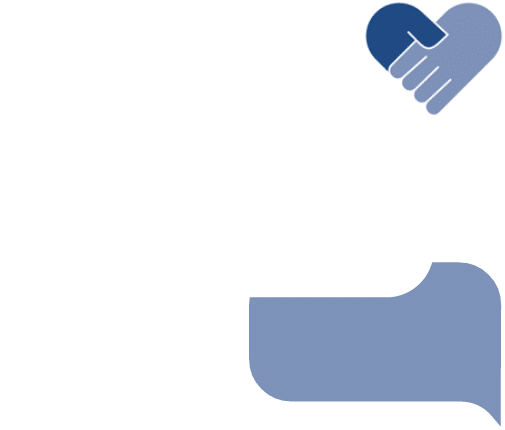Addiction and Mental Health Intervention Services in Iowa for Families and their Loved Ones
Our Interventionists in Iowa Educate, Support, and Guide Families on How to Help their Loved One Experiencing Addiction and Mental Health Concerns through our S.A.F.E.® (Self Awareness Family Education™) Intervention Services and Family Recovery Coaching Program
It is rare for someone with an addiction or mental health disorder to wake up one day and change their life for the better without some adverse event or experience to encourage the change. Anyone who has spent any time around self-help groups in Iowa, such as Alcoholics or Narcotics Anonymous, has most certainly heard members say they didn’t come into the meetings on a winning streak. Others have said they needed to be beaten into a state of reasonableness before they saw the need to do something about their problem. The science backs this up. When we look at the stages of change in recovery, it implies that for someone to move past the inability to ask for help or hit their bottom, they must move past the second stage of change called contemplation. In this stage, the person struggling sees how the benefits of improving the quality of their life outweigh the distorted benefits of staying the same. Acquiring ambivalence for the substance user or person experiencing mental health is the foundation of a professional clinical intervention.
Families in Iowa or elsewhere in the Nation often experience the same scenario: a family hanging on until their loved one asks for help, wants help, or hits bottom. Through our S.A.F.E.® Intervention Services and Family Recovery Coaching program, we help families help their loved ones see the need to address their addiction and mental health concerns and advocate for their care. While we and the family witness the intended patient’s life as unmanageable, they may not see it the same way. As time passes, the loved ones with addiction and mental health disorders, as well as their family, continue to adapt as things get worse, all the while making excuses and promises to each other and themselves filled with false hope. We know the chances of your loved one waking up one day and saying today is the day I will do something different is slim to none if nothing changes. The only control the family has is control over themselves and the role they play in the addiction and mental health. Our job is to educate and guide you on everything that can change and how to increase the probability your loved one will see the need to change and follow through.
How our S.A.F.E.® Intervention Services and Family Recovery Coaching Services Work in Iowa and Nationwide
Starting with your first call with one of our intervention coordinators, we start with helping you understand what can be done and how it can be done to help your loved one and your family. After we agree to proceed with the intervention, we start working on your case immediately. After the assessment, the interventionist is assigned, and a treatment plan for your family and your loved one is prepared. Please remember that these assessments evolve as people improve or worsen. Once the dates, interventionist, and treatment are arranged, our interventionist will come to you in Iowa to start preparation for the addiction and mental health intervention. The preparation is just as much, if not more, for preparing the family for their recovery than discussing strategies for the intervention itself. After the family preparation, we set the time and location for the face-to-face intervention with your loved one for the following day. The intervention will have one of two outcomes: your loved one will either accept help or decline help. We have processes and procedures for both outcomes, and both involve immediately moving your family into our S.A.F.E.® Family Recovery Coaching program for support. What we are saying is the intervention does not end on that day. Conducting an intervention focusing on the intended patient is where most interventionists in Iowa and elsewhere fail. They attempt to talk your loved one into treatment, and they either take them to treatment because they said yes, or they take your money and go home because your loved one said no.
Addiction and mental health interventions are not an event; they are a process. There are far too many solo interventionists with no support staff or family program to help you after the face-to-face intervention. In our decades of experience, we know this is when families need us most. The number of resources we pour into the intervention afterward far exceeds any time we put in before and during. Families are now faced with a whole new set of challenges regardless of the outcome. If your family does not have the right resources to handle this, chances are excellent that you will be no better off than before you started. With many interventionists that cannot help you afterward, your situation may even get worse. Please consider this when choosing your intervention services in Iowa or anywhere else you are located.
Believing an intervention is a motivational speech performed by a person in recovery or a licensed therapist with some smooth vocabulary is a dangerous expectation and belief. Interventions require a team of professionals like the treatment center your loved one will be in. You have all heard the term it takes a village, and with addiction and mental health disorder interventions, that is undoubtedly the case.
Meet Our Experienced Intervention Counselors
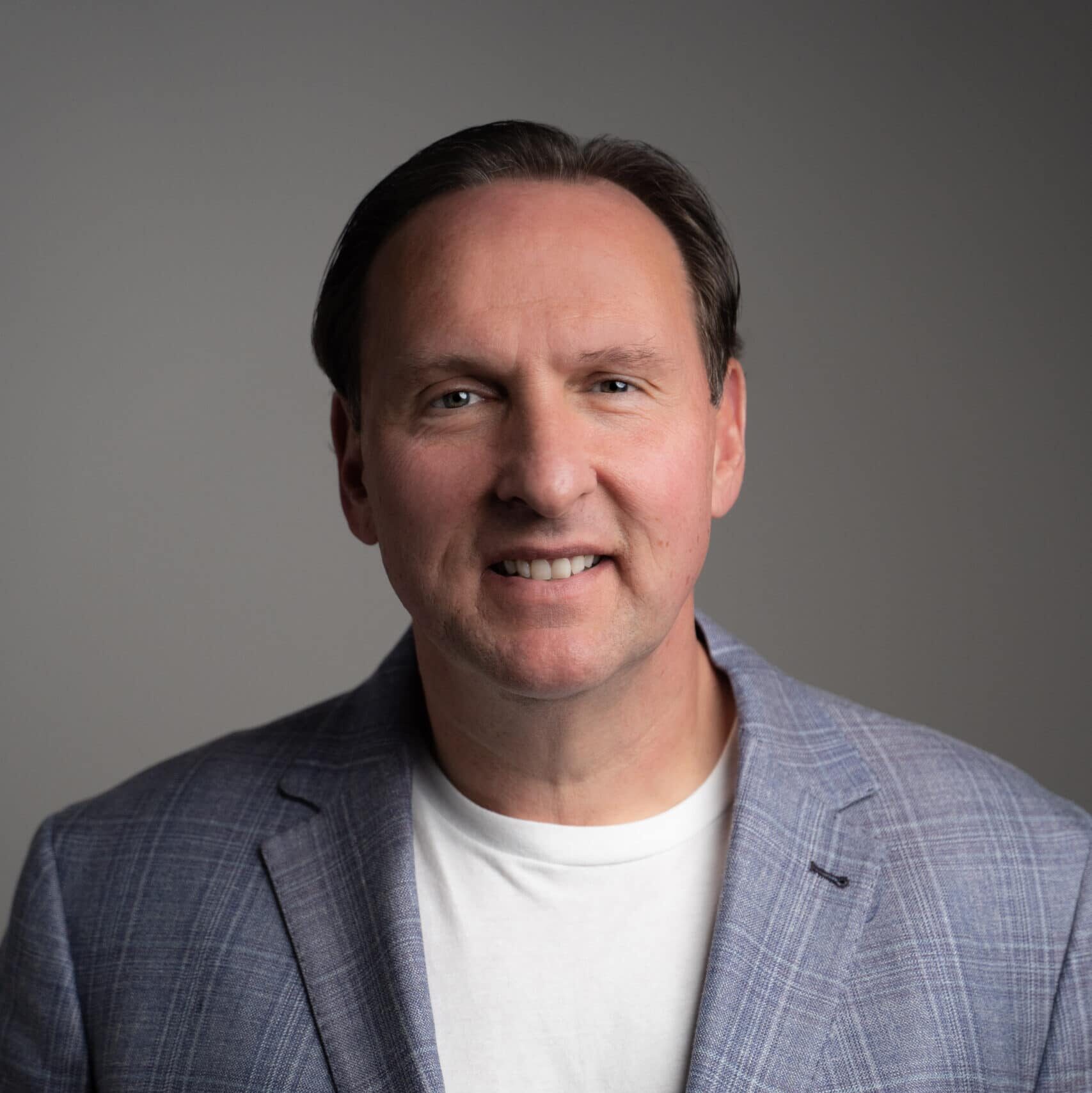
Mike Loverde, MHS, CIP
Clinical Director & Founder, Family First Intervention



Lisa Loverde, CADC
CFO & Compliance Officer
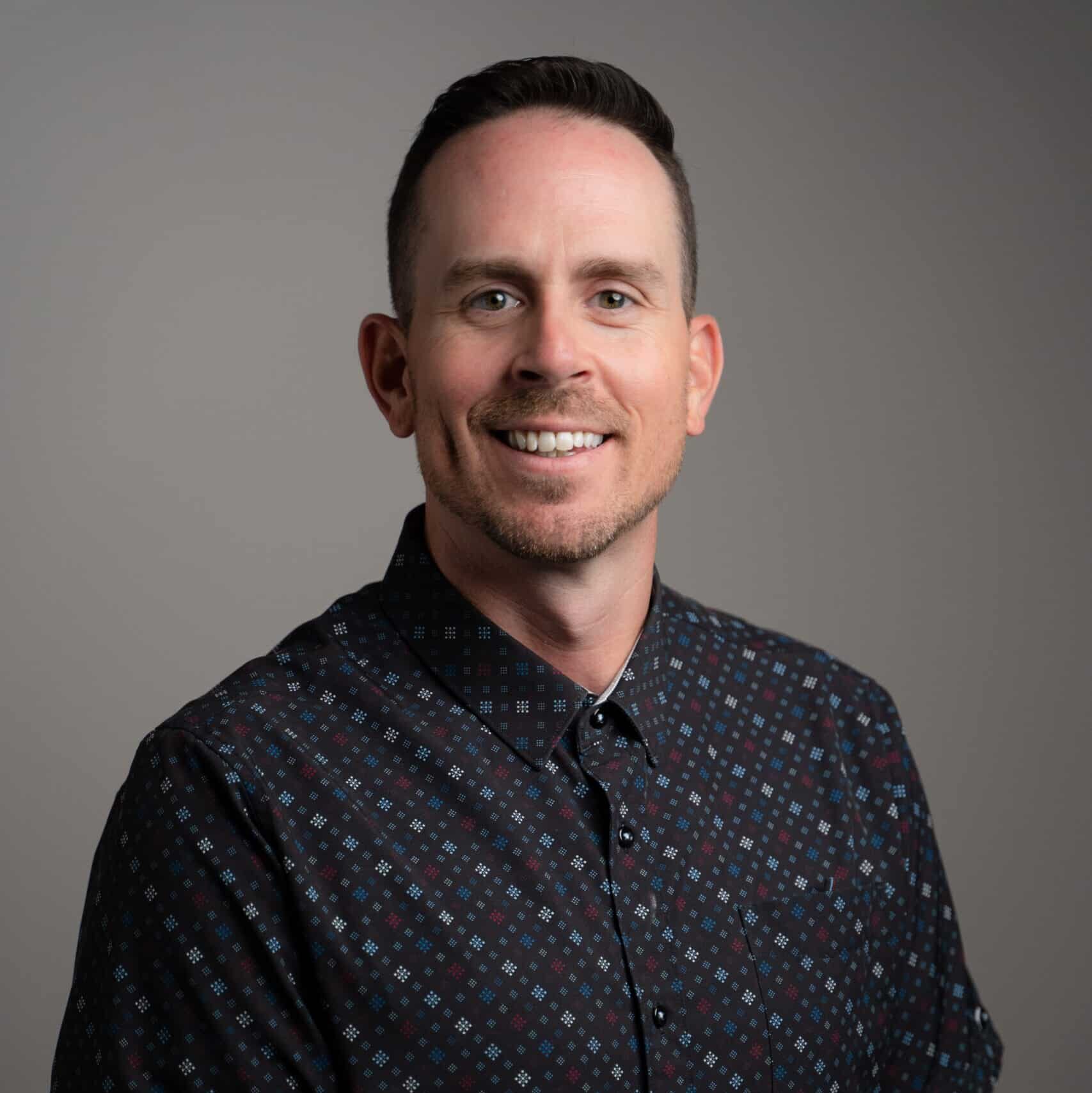


Adam Faulkner
CEO
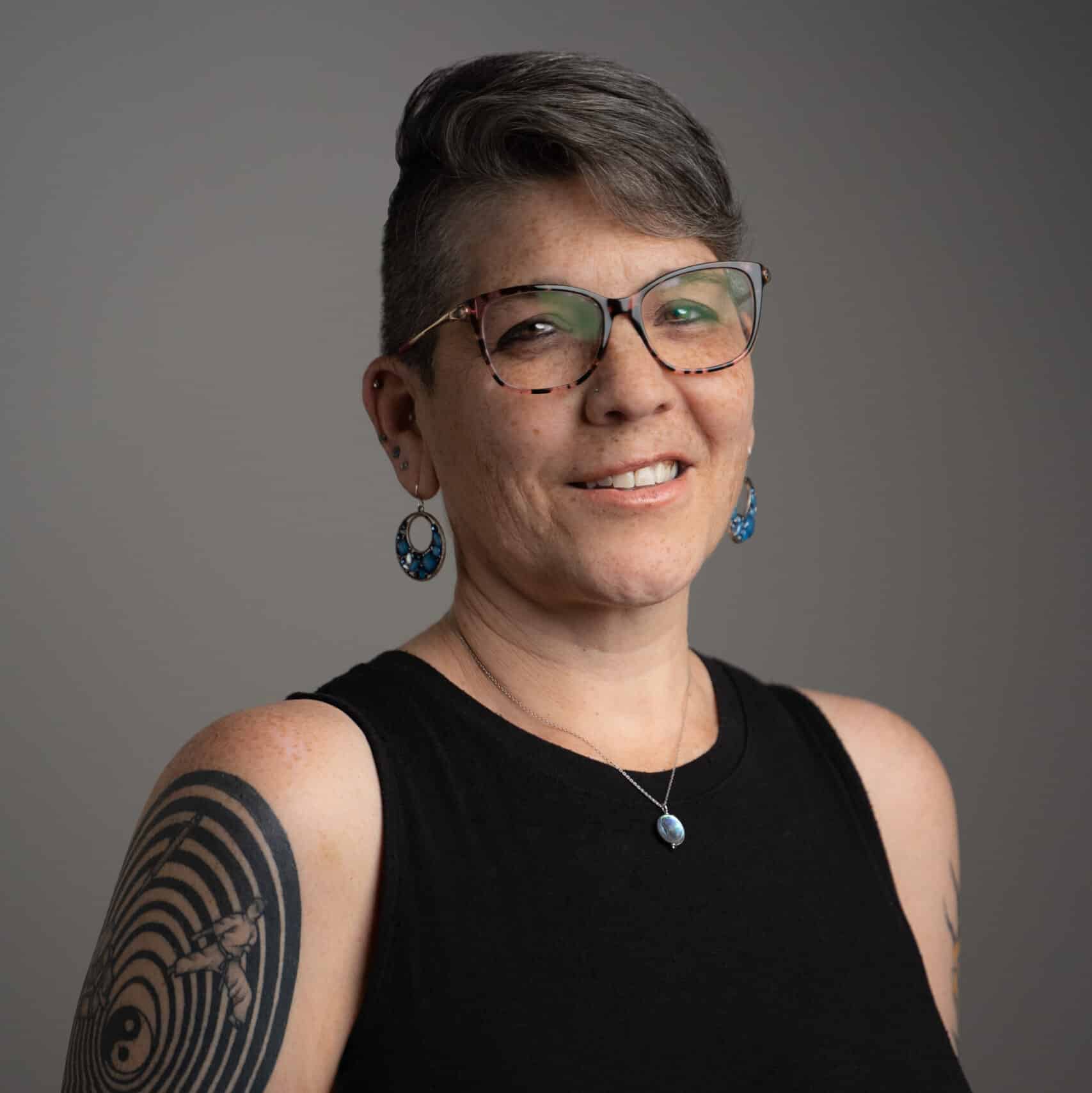


Regina Greene, MS, NLP, Psy.D. (Doctoral Candidate)
Director of S.A.F.E.® Family Recovery
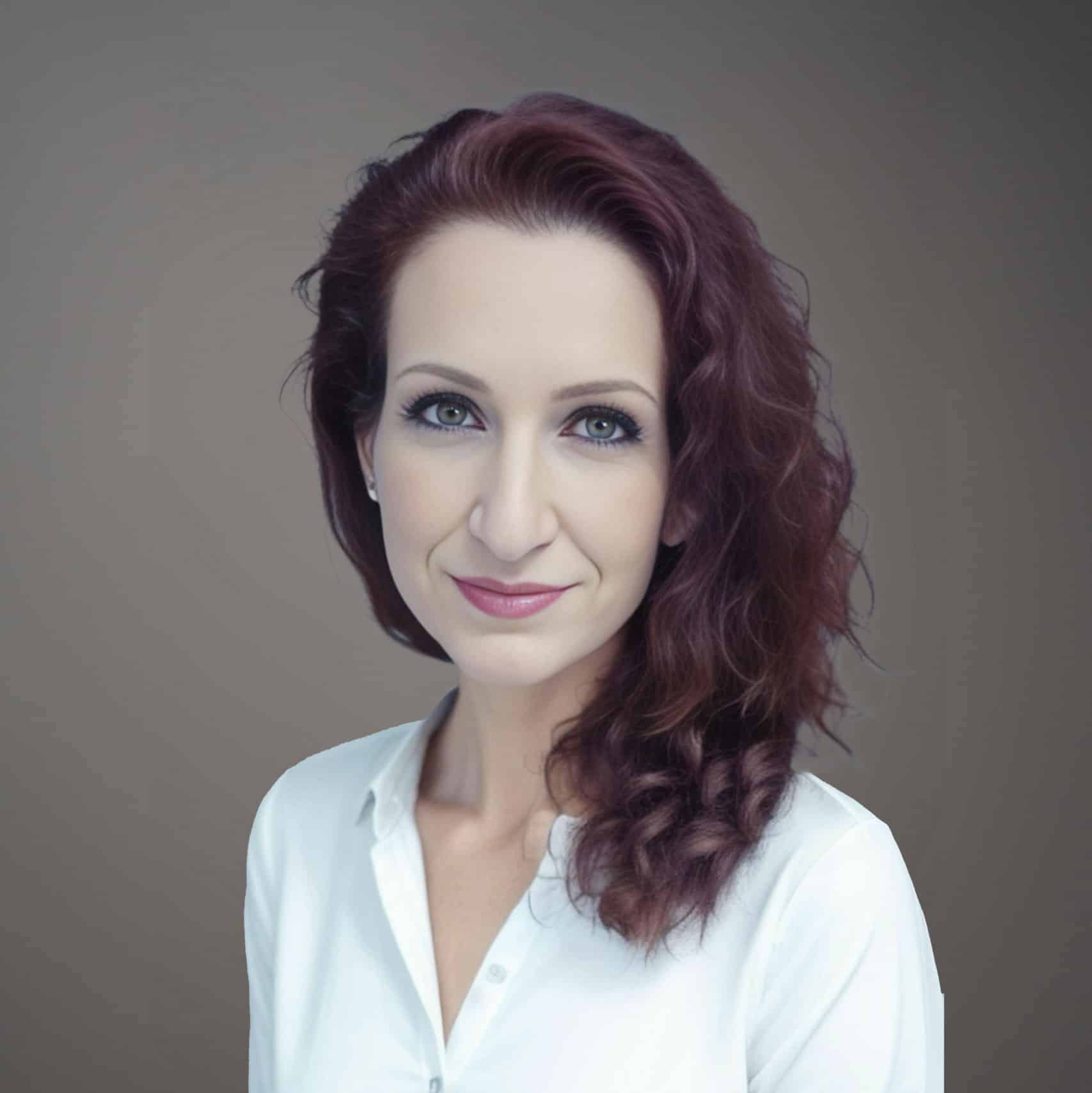


Lydia Negron, MT-BC
S.A.F.E.® Family Recovery & Post Intervention Support
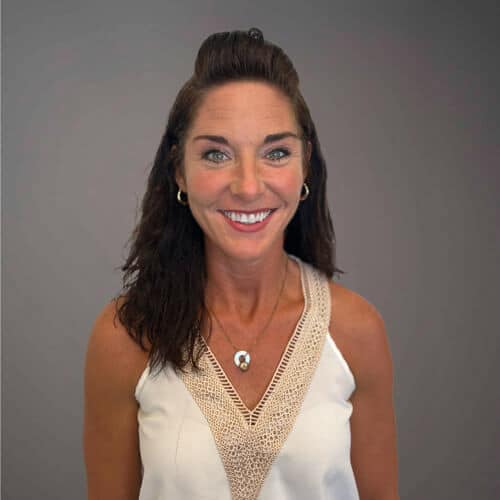


Meghan Gaydos, MA
S.A.F.E.® Family Recovery & Post Intervention Support
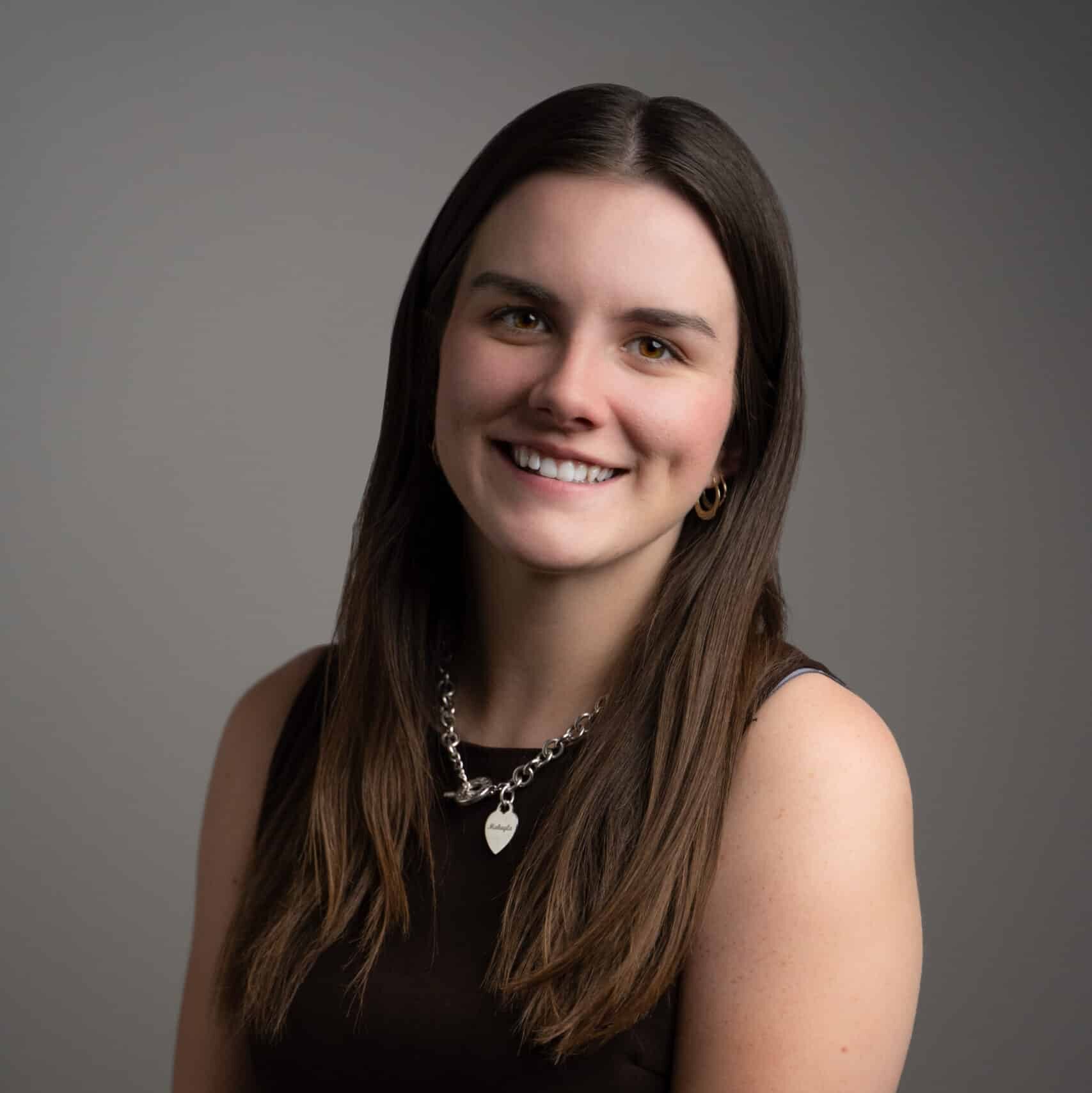


Makayla Zubal
Administrative Assistant
An intervention is not about how to control your loved one with a substance use or mental health disorder; it is about learning how to let go of believing you can.
What to Consider When Selecting an Addiction and Mental Health Interventionist in Iowa or anywhere else in the Nation
Do not hire a solo interventionist with no support staff or coached interventionist who attempts to teach you how to intervene yourself over the phone. Motivational speeches and coached interventions over the phone are free services offered by members of Alcoholics and Narcotics Anonymous in Iowa, and anywhere else twelve-step self-help groups are located. While solo interventionists may be successful at motivating your loved one into treatment, they will be highly unsuccessful at helping your family to keep your loved one in treatment. Furthermore, a solo interventionist with no support staff cannot provide the overwhelming resources required after the intervention when you will need it most.
Please ensure the interventionist has a family support staff dedicated to your family and loved ones, and please ensure they do not charge additional fees for this. The whole curriculum should be included in the price, just like the treatment center. You do not pay to go to treatment, having to spend extra each time your loved one or your family has to speak with one of the staff members for questions, support, or guidance.
Family First Intervention is the first intervention company to put the family first and develop our trademarked S.A.F.E.® Family Recovery Coaching Program. When we started this curriculum in 2009, no other interventionist mentioned the word family on their website or curriculum. Every interventionist focused on your heartstrings, talking your loved one into treatment and nothing else. That is not an intervention, and in fact, they built a television show around this concept. Please remember that whatever you do, do not discount the need for your family’s recovery, guidance, support, and growth. You will need us more afterward than you will before the intervention. You didn’t know what to do when they were using drugs or alcohol or having a mental health crisis, and you will not know what to do while they are trying to address the problem, nor will you know what to do if they choose to continue to fight the problem and refuse help. Hire a team; you will need it.
“The most formidable challenge we professionals face is families not accepting our suggested solutions. Rather, they only hear us challenging theirs. Interventions are as much about families letting go of old ideas as they are about being open to new ones. Before a family can do something about the problem, they must stop allowing the problem to persist. These same thoughts and principles apply to your loved one in need of help.”
Mike Loverde, MHS, CIP


